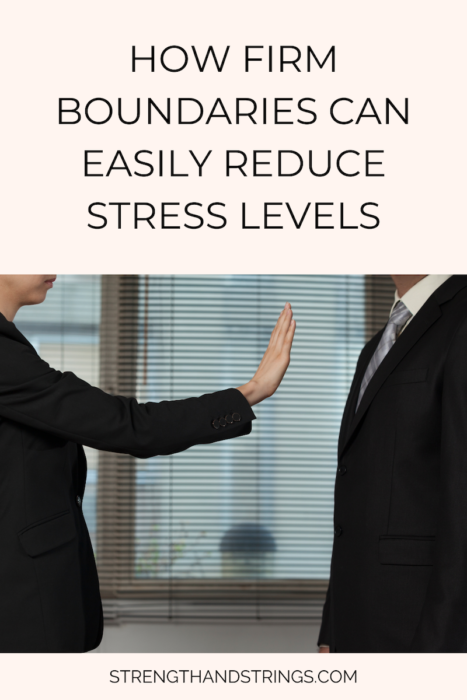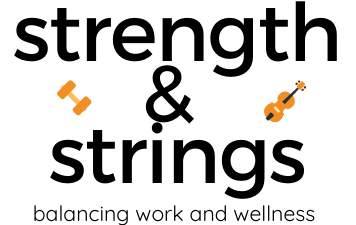
How firm boundaries can easily reduce stress levels
Are your lack of boundaries creating more stress?
Last week, I received a proposition to adjust my teaching schedule.
Although the idea was not terrible, I would lose more than I gain and would cause me more stress down the line. I respectfully told them “no” and explained why. There will be some repercussions from my decision, but I genuinely believe that I made the right decision for my program.
Earlier in my teaching career, I might have agreed to the change because I wanted to come across as a “team player” and “flexible.” I learned the hard way that doing so can add too much to your plate and drive you insane.
As I learned during the pandemic, the only person taking care of myself is me. If I know something is going to add too much to my workload and I have the ability to say “no,” I am going to communicate my thoughts.
Generally, I am comfortable communicating my thoughts when necessary. However, the workplace can be an intimidating place to set boundaries since your employment is on the table.
If you are curious on how to use your boundaries as a tool to reduce your stress levels, continue reading for more information and suggestions.
What are boundaries?
Essentially, boundaries determine what is okay and what is not okay to do or say. They keep us safe and define who we are. We have boundaries in multiple areas of our lives including in our relationships, friendships and in the workplace.
There are seven types of boundaries (source):
- Physical (personal space)
- Sexual (consent, preferences)
- Emotional/Mental (thoughts and feelings)
- Spiritual/Religious (beliefs)
- Financial and Material (resources & possessions)
- Time (how you spend time)
- Non-negotiable (deal-breakers)
Benefits of setting boundaries
This article from webmd.com states that some of the benefits of boundaries are:
- Increase self-esteem.
- Clarify who you are, what you want, and your values and belief systems.
- Bring focus to yourself and your well-being.
- Enhance your mental health and emotional well-being.
- Avoid burnout.
- Develop independence.
- Gain a greater sense of identity.
Setting boundaries are not only great for your self-care, but for other people. When your boundaries are clearly expressed to others, they are aware of your limits and will adjust their behavior accordingly.
Signs that you need to work on your boundaries
According to verywellmind.com, these are some general signs that your boundaries may need some work:
- Feeling resentful toward people asking too much of you, and it seems to happen often.
- Agreeing to things you’d rather not do, just to avoid upsetting or disappointing others.
- Resentment toward others because you are doing more for them than they are doing for you.
- Hesitant to let people get too close and in fear of them overwhelming you.
- Feeling that most of what you do is for other people—and they may not even appreciate it that much.
- The feeling of disappointing others creates more stress compared to the stress of doing things that inconvenience or drain you in an effort to please them.
Tips on using boundaries
Here are some tips on how to use boundaries to reduce stress:
- Communicate your thoughts in an honest, respectful manner. Consider taking some time to gather your thoughts before and after the conversation.
- DO NOT assume the other person’s thoughts or feelings. Even if you know the other person well.
- Follow through on your decision. What is the point of having boundaries if you are not going to enforce them?
- Take responsibility for your actions. Did any of your previous choices lead to this situation?
- Know when it is time to move on. If a person or superior is not respecting your boundary, you may have to end the relationship or seek employment elsewhere.
Final considerations
If you struggle with setting and maintaining boundaries, creating and enforcing them may be a challenge. However, consistency will make the process easier, benefit your relationships and effective for your mental health.
However, setting boundaries is not a substitute for mental health treatment. If you are exhibiting signs of mental distress, consult a licensed mental health professional.
Do you struggle with creating or enforcing boundaries?






